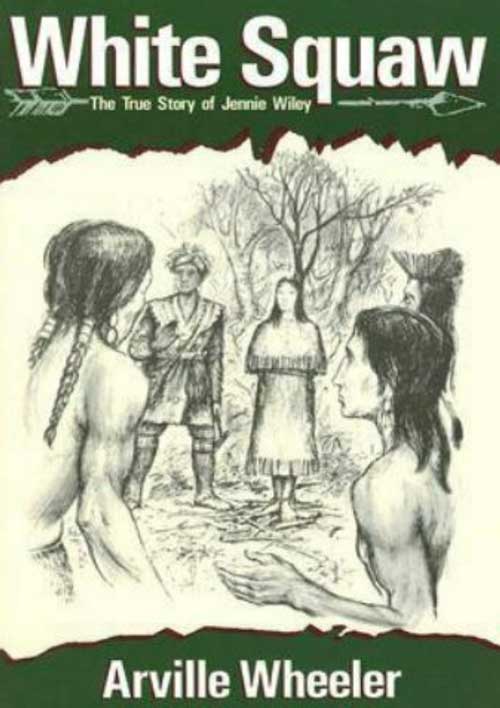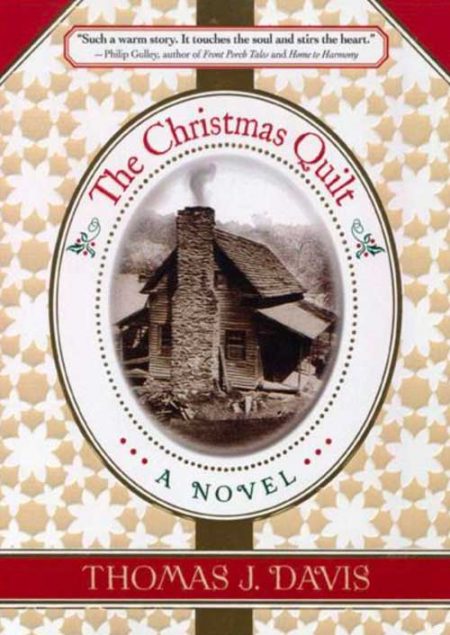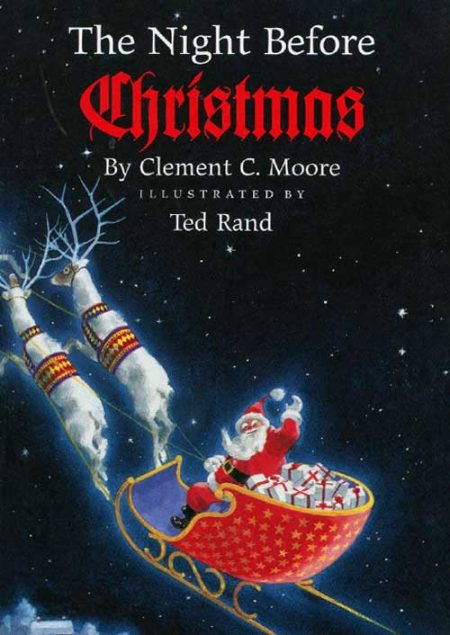-
 The Enduring Hills was the first of many novels Janice Holt Giles wrote in her lifetime. Based in part on her own experience with the Kentucky mountain country, this is the story of Hod Pierce, a young man who grows up on Piney Ridge, where generations of Pierces have made a living from stubborn soil. Hod loves his people and the land but longs for wider horizons, for more education, and for the freedom he imagines can be found in the outside world. It takes World War II to carry Hod away from the Ridge and out into the world, and it takes his city-bred wife to make Hod realize that Piney Ridge will always be home. SOFTBACK VERSION By Janice Holt Giles
The Enduring Hills was the first of many novels Janice Holt Giles wrote in her lifetime. Based in part on her own experience with the Kentucky mountain country, this is the story of Hod Pierce, a young man who grows up on Piney Ridge, where generations of Pierces have made a living from stubborn soil. Hod loves his people and the land but longs for wider horizons, for more education, and for the freedom he imagines can be found in the outside world. It takes World War II to carry Hod away from the Ridge and out into the world, and it takes his city-bred wife to make Hod realize that Piney Ridge will always be home. SOFTBACK VERSION By Janice Holt Giles -
 How to Build Your Dream Cabin in the Woods: The Ultimate Guide to Building and Maintaining a Backcountry Getaway This ultimate resource includes photos, blueprints, and diagrams, and covers the steps to constructing the cabin you've always wanted such as:
How to Build Your Dream Cabin in the Woods: The Ultimate Guide to Building and Maintaining a Backcountry Getaway This ultimate resource includes photos, blueprints, and diagrams, and covers the steps to constructing the cabin you've always wanted such as:- Selecting a site
- Gathering construction materials
- Deciding on a design that is right for you
- Managing your property
- Building add-ons, including shooting ranges, an outhouse, or an outside fire ring
- Installing cabin security
- And more!
-
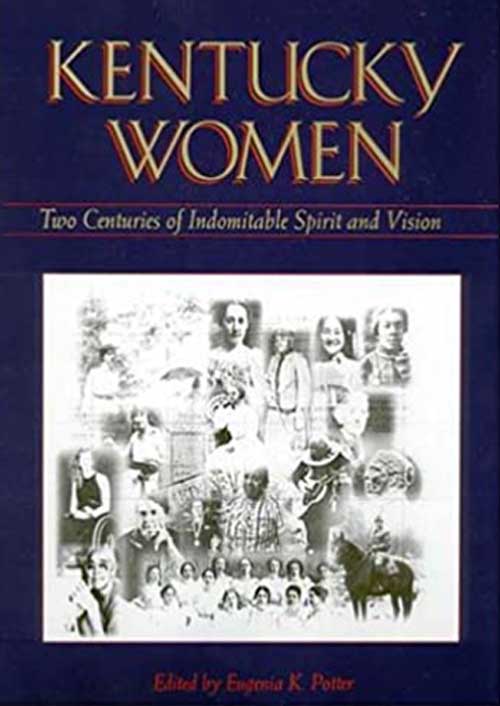 Look through the lens of this kaliedoscope of Kentucky women and prepare to be dazzled! The biographical essays of the 95 women featured in this book are as varied as the loose bits of colored glass in the kaleidoscope, and their stories are just as spellbinding. Thirty-one scholars and history aficionados who generously contributed essays to this book agree that women's contributions are part of this state's history and heritage. With its scrapbook of photographs and biographies, this book introduces only a symbolic few, an inspiring group who represent Kentucky Women. HARDBACK VERSION By Eugenia K. Potter
Look through the lens of this kaliedoscope of Kentucky women and prepare to be dazzled! The biographical essays of the 95 women featured in this book are as varied as the loose bits of colored glass in the kaleidoscope, and their stories are just as spellbinding. Thirty-one scholars and history aficionados who generously contributed essays to this book agree that women's contributions are part of this state's history and heritage. With its scrapbook of photographs and biographies, this book introduces only a symbolic few, an inspiring group who represent Kentucky Women. HARDBACK VERSION By Eugenia K. Potter -
 The Hunters of Kentucky: A Narrative History of America’s First Far West, 1750-1797 covers a wide range of frontier existence, from daily life and survival to wars, exploits, and even flora and fauna. The pioneers and their lives are profiled in biographical sketches, giving a rich sampling of the personalities involved in the United States' westward expansion. Author Ted Franklin Belue's colorful, vivid prose brings these long-forgotten frontiersmen to life. HARDBACK VERSION By Ted Franklin Belue
The Hunters of Kentucky: A Narrative History of America’s First Far West, 1750-1797 covers a wide range of frontier existence, from daily life and survival to wars, exploits, and even flora and fauna. The pioneers and their lives are profiled in biographical sketches, giving a rich sampling of the personalities involved in the United States' westward expansion. Author Ted Franklin Belue's colorful, vivid prose brings these long-forgotten frontiersmen to life. HARDBACK VERSION By Ted Franklin Belue -
Out of stock
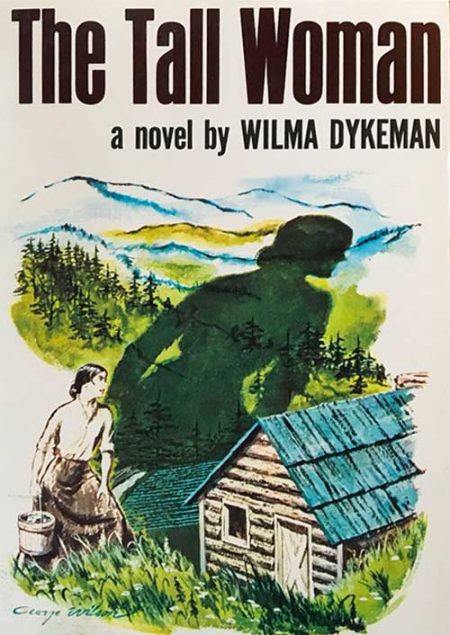 Lydia Moore grew up in the Appalachian region before the Civil War and married Mark McQueen shortly after it began. Her husband went off to fight for the Union while her father and brother fought for the Confederates. While the men were gone, outliers raided Lydia's mother's home, assaulting her and stealing the livestock. SOFTBACK VERSION By Wilma Dykeman
Lydia Moore grew up in the Appalachian region before the Civil War and married Mark McQueen shortly after it began. Her husband went off to fight for the Union while her father and brother fought for the Confederates. While the men were gone, outliers raided Lydia's mother's home, assaulting her and stealing the livestock. SOFTBACK VERSION By Wilma Dykeman -
 America is ready to remember and honor the men and women who courageously served the nation during World War II. To celebrate those brave souls and their families, and the spirit that carried them through our nation's darkest days, the Library of Congress has created a magnificent gift book. Themed around memories of Christmas during the war, I'll Be Home for Christmas: The Spirit of Christmas During World War II is a unique and handsomely packaged collection of poignant stories, correspondence, more than 100 photographs and illustrations, and diary excerpts from those who went off to war and those who kept the home fires burning. HARDBACK VERSION
America is ready to remember and honor the men and women who courageously served the nation during World War II. To celebrate those brave souls and their families, and the spirit that carried them through our nation's darkest days, the Library of Congress has created a magnificent gift book. Themed around memories of Christmas during the war, I'll Be Home for Christmas: The Spirit of Christmas During World War II is a unique and handsomely packaged collection of poignant stories, correspondence, more than 100 photographs and illustrations, and diary excerpts from those who went off to war and those who kept the home fires burning. HARDBACK VERSION -
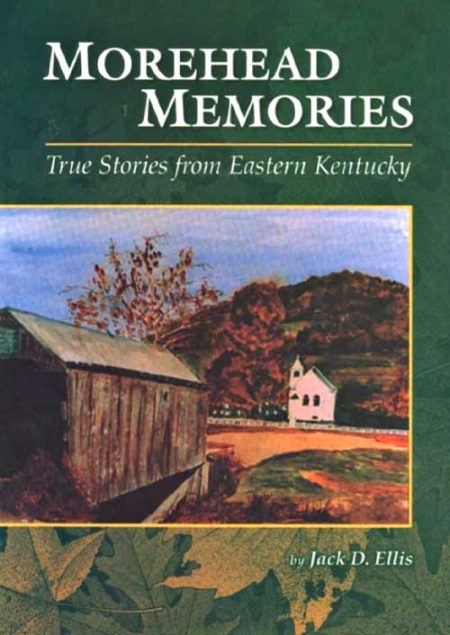 Morehead Memories recalls the struggle of a city and a county to advance from a raw, violent, feud filled region into a modern educational, commercial, cultural and medical center in Eastern Kentucky. The author uses interviews, documented research and personal memories to vividly tell the story of the people, places, institutions and events through which this marvelous transformation was accomplished. HARDBACK By Jack D. Ellis
Morehead Memories recalls the struggle of a city and a county to advance from a raw, violent, feud filled region into a modern educational, commercial, cultural and medical center in Eastern Kentucky. The author uses interviews, documented research and personal memories to vividly tell the story of the people, places, institutions and events through which this marvelous transformation was accomplished. HARDBACK By Jack D. Ellis -
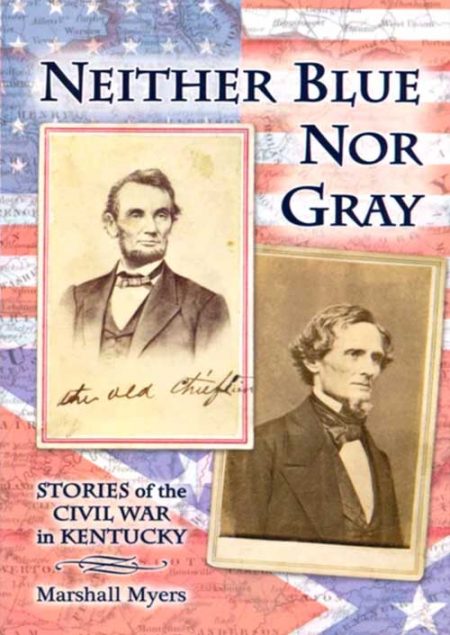 The Civil War affected the daily lives of almost everyone in the Commonwealth of Kentucky, a slave holding state that chose not to secede from the United States. Here are the untold stories of lesser known combatants or the folks back home who suffered in so many ways from the ravages of war. Seventeen chapters range in topics from interviews with former slaves to an examination of Mary Todd Lincoln's family's military involvement in the war. SOFTBACK By Marshall Myers
The Civil War affected the daily lives of almost everyone in the Commonwealth of Kentucky, a slave holding state that chose not to secede from the United States. Here are the untold stories of lesser known combatants or the folks back home who suffered in so many ways from the ravages of war. Seventeen chapters range in topics from interviews with former slaves to an examination of Mary Todd Lincoln's family's military involvement in the war. SOFTBACK By Marshall Myers -
Out of stock
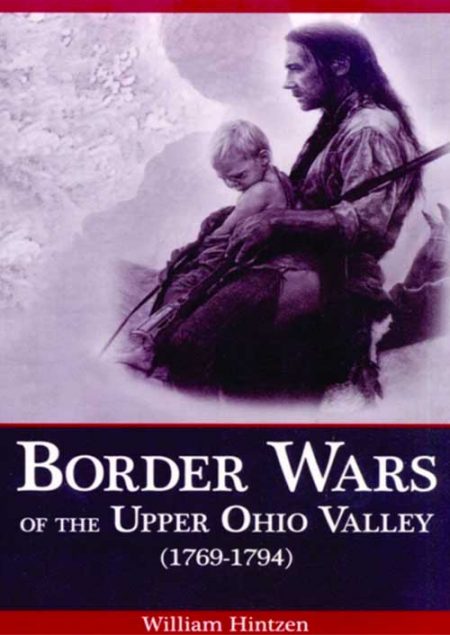 Border Wars of the Upper Ohio Valley is the story of the Trans-Allegheny movement in the quarter-century from 1769-1794. It embraces the area of the present United States from western Pennsylvania to the Mississippi, and from the Great Lakes southward into Tennessee. The story of this westward movement begins with the emigration of the Zane family from the South Branch of the Potomac River, from their home near Moorefield, in present Hardy County, West Virginia, to the mouth of Wheeling Creek in the panhandle of that state, and concludes with Anthony Wayne’s victory over the confederated Indian tribes at Fallen Timbers. William Hintzen’s book brings back the days of Daniel Boone, the Zane family (founders of Wheeling), Simon Kenton, Lewis Wetzel (Death Wind, as the Indians knew him), the 1777 siege of Fort Henry, the Girty brothers, Sam McCo9lloch, Betty Zane’s dash for gunpowder, the remarkable Wetzel family, Sam Brady, George Rogers Clark and Mad Anthony Wayne’s final victory at Fallen Timbers. By William Hintzen
Border Wars of the Upper Ohio Valley is the story of the Trans-Allegheny movement in the quarter-century from 1769-1794. It embraces the area of the present United States from western Pennsylvania to the Mississippi, and from the Great Lakes southward into Tennessee. The story of this westward movement begins with the emigration of the Zane family from the South Branch of the Potomac River, from their home near Moorefield, in present Hardy County, West Virginia, to the mouth of Wheeling Creek in the panhandle of that state, and concludes with Anthony Wayne’s victory over the confederated Indian tribes at Fallen Timbers. William Hintzen’s book brings back the days of Daniel Boone, the Zane family (founders of Wheeling), Simon Kenton, Lewis Wetzel (Death Wind, as the Indians knew him), the 1777 siege of Fort Henry, the Girty brothers, Sam McCo9lloch, Betty Zane’s dash for gunpowder, the remarkable Wetzel family, Sam Brady, George Rogers Clark and Mad Anthony Wayne’s final victory at Fallen Timbers. By William Hintzen


